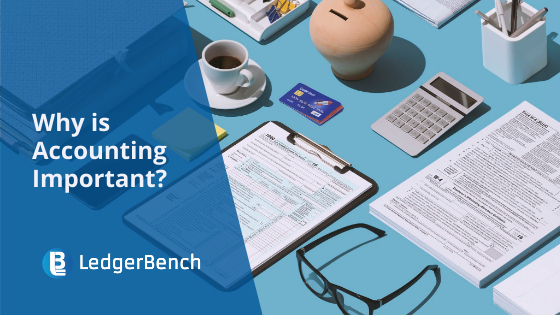
How much do small businesses pay in taxes?

Small Businesses pay 19.8 % taxes on an average depending upon the type of small business. Small businesses with one owner pay 13.3% taxes while with more than one owner pays on an average of 23.6% taxes. According to Small Business Administration (SBA), S corporations which are Small Business Corporations pay on an average of 26.9% taxes.
How are Small Businesses Taxed?
You might be surprised to know that most small businesses do not pay the corporate rate for income tax. Around 75% of small businesses aren’t considered corporations but something called “unincorporated pass-through entities”. This means that they pay the owner’s personal tax rate. Small business owners include income from their small business in their personal taxes and hence, their income tax is calculated based on the business owner’s total earnings.
Suggested Reads – How to Get a Small Business Disaster Loan During COVID-19?
You may use the 2019-2020 Federal Income Brackets to check what percentage of tax you’ll owe based on our income. Different tax rules apply based on different business structures. Over 70% of businesses in the US are sole proprietorship who have one owner and are not officially set up as a business with the state. The owner reports business income in personal taxes.
Partnerships are businesses between more than one owner and each owner individually reports its income on their personal taxes.
Corporations are legal structures that give companies many of the rights that can be enjoyed by individuals. Here, the business pays taxes and the owner does not report income as their personal taxes.
Right now the Corporation tax is 21%. The 21 percent is a flat rate and has no expiration date. This rate affects larger corporations and businesses for tax purposes.
A LLC Limited Liability Company taxes depends on their business structure: Sole proprietorship, partnership or corporation.
Following is the list of taxes for small business owners:
- Income Tax. Federal and State Taxes as applicable.
- Self-Employment Tax. This tax covers social security and medicare. Most small businesses are required to pay this tax which is 15.3%
- Payroll Taxes. A small business owner must pay 10% of an employee’s gross payroll. Workers compensation and unemployment taxes may be extra.
- Property Tax. Any buildings or land owned by a small business is taxable. Property taxes vary from 0.18% to 1.89 % depending upon the state.
- Dividend tax. Dividends resulting from investment made by small businesses are considered income. They are taxed according to the owners tax bracket or the corporate tax rate depending upon the company’s structure.
- Capital Gains Tax. This tax is on sale of assets or investments. Assets that are held for more than a year are taxed 0, 15 or 20% depending upon the overall income. While assets that are held less than year are considered as part of the business income and taxed according to the income brackets.
Suggested Reads – Top 5 Things You Need to Know Regarding PPP Loans Amidst Covid-19
What is the Small Business Tax Rate by State?
State income tax rates have changed. Thanks to the tax cut and Job Act as well as other state taxes. Not all states have income tax. According to the Tax foundation, some states have business taxes which are more favorable to small businesses than others.
Wyoming, Florida and South Dakota are the best states because they have no individual income tax. Wyoming and South Dakota have no corporation tax. On the flip side, the worst states are New Jersey and California because research shows that business owners who live there pay twice as much tax as they would in any other state.
How much does an average small business pay in taxes?
According to SBA, small businesses pay 19.8% taxes on an average.
Small businesses with one owner pay an average of 23.6% taxes while S corporations pay an average of 26.9%. Corporations pay high rate taxes on an average because they earn more income.
How much can a small business make before paying taxes:
According to IRS guidelines, all businesses must submit an annual income tax return. The only exception is partnership businesses, who have to submit an information return instead. And if you have employees then employment taxes are compulsory. Business owners who earn less than $400 can skip paying the self-employment tax. But this is the only tax that can be avoided.
The IRS won’t be interested in auditing your small business until you turn a profit. Still, it is vital to file taxes even if you’re suffering losses to avoid legal issues in the line and take advantage of deductions.
Suggested Reads – IRS Tax Relaxation Deadlines for Covid-19 (With State Regulations)
How much should a small business set aside for taxes:
To cover your federal and state taxes, every business must set aside 30 to 40% of income. You’ll be paying these taxes quarterly so set aside funds on a regular basis. Depending upon the size of the business, your savings will depend on the same.
When you set aside money for taxes depends on how established your business is:
- Recently earned a profit? Set aside 30% on a monthly basis.
- Are you new to small business? Stock at least 30% every time you’re paid.
- Profit is stable year by year? Take last year’s net income, divide it by four, then take 30 percent of that number. Plan on saving that amount quarterly.
It’s always a good idea to set aside funds for tax time in different business accounts. You may also set up automatic transfer to a separate account.



